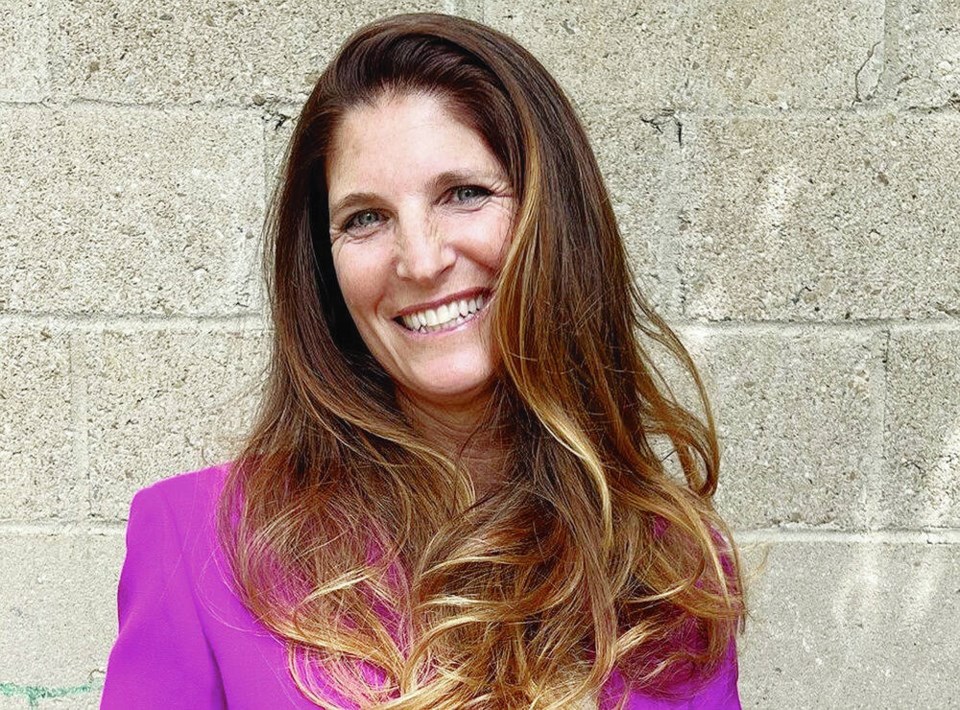Dear Lisi: My six-year-old daughter had a few friends over for a playdate yesterday. They were in the den building a fort for their stuffed animals when I asked if anyone wanted a snack. I went into the kitchen, which is attached and open concept to the room the kids were in.
Suddenly, I heard one of them crying and a defiant “NO!” from my daughter. When I went in to see what happened, one of the other little girls said that one of the little boys had tried to kiss my daughter, she had said no, but he kept trying. So, she said no very loudly (that’s the one I heard), pushed him away and he fell down (hence the crying).
I’m proud of my daughter for standing up for herself, for knowing what she does and does not want, and for protecting herself when and if necessary. I obviously looked after the little boy, who wasn’t hurt, and apologized to my daughter without being asked. He looked up at me with teary eyes and said, “I just really like her.”
But now what? Since there were tears, I need to tell his mom what happened. That’s our unspoken mom rule. But do I talk to her about consent? Do I suggest she speak to her child about consent? I fear she may not be amenable.
No Means No
Research suggests that parents should start discussing consent at the age of five, which seems on track with your daughter and her group of friends. That by no means implies that this little boy wanted to do anything more than kiss your daughter, and probably with zero sexuality; but no means no, no matter the situation.
If you and this group of mothers feel safe leaving your children in the other women’s care, then you basically give them the right to parent your child while they’re in charge. There’s no reason why you can’t talk to all the kids about boundaries, privacy and personal space.
Dear Lisi: My husband and I got married this summer. We are both early 30s. He’s the nicest guy I know, always looking out for me, his friends and family, always smiling, always positive. We had an incredible two-week summer honeymoon and returned home feeling elated.
My husband plays ultimate Frisbee and had a game the evening we got back. He was jet-lagged and exhausted but feeling amazing and motivated at the same time. I opted to stay home, unpack, take a bath and snuggle with our dog. When my husband returned, I was already half asleep on the couch. He said he had fallen and hit his head, but he was fine.
In the morning, he woke up with a black eye, a headache and a foul mood. I suggested he go to the doctor, who said there was nothing wrong and that he would feel fine in a few days. It’s been three months, and my husband is not the same man I married. He’s always in a bad mood, always angry, and still has a headache that he can’t seem to shake. Whenever I suggest he see a doctor, he brushes me off and says he’s fine.
But…. HE’S NOT FINE!
Head trauma
I strongly urge you to get your husband to the hospital. At the very least, it sounds as though he has a concussion. But if the doctor doesn’t think so, it could be something else. People don’t change that drastically, that quickly.
I’m not a doctor so I won’t guess at what’s going on, but something similar happened to a friend and after much insistence, they found he had a tumor. Once removed, he was back to his jovial, loving self. It’s important to persist until you get a diagnosis.
FEEDBACK Regarding the immobile aging mom (Sept. 20):
Reader — “I’ve been there. I learned that my heart may want to help, but the reality is that I simply do not have the skills. So, I would strongly suggest investigating seniors’ facilities. They have trained personnel who will monitor your mom regularly. They will engage her in activities, help her with any hygiene habits, feed her and make sure she is well looked after. There will also be similar people there, so she could even make new friends.
“Do your due diligence and check out several facilities in your area. No two are alike. And only compare the bottom-line cost. Find a facility where family are encouraged to visit.
“If finances are more available, they could consider in-home help. But that still requires family to be heavily involved. Including taking this woman to her doctors’ visits on a regular basis.”
Lisi Tesher is an advice columnist based in Toronto. Send questions to [email protected].



